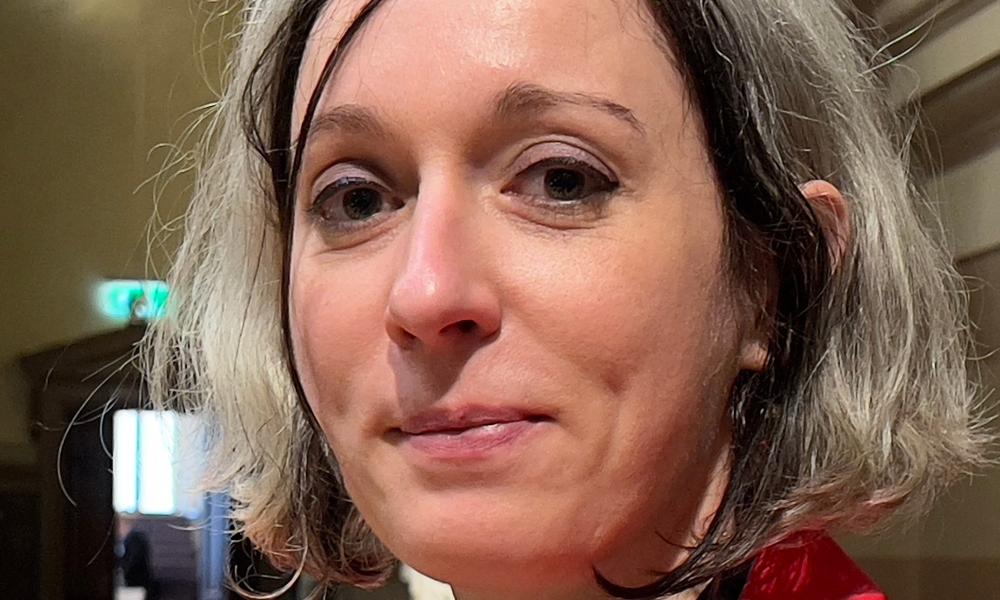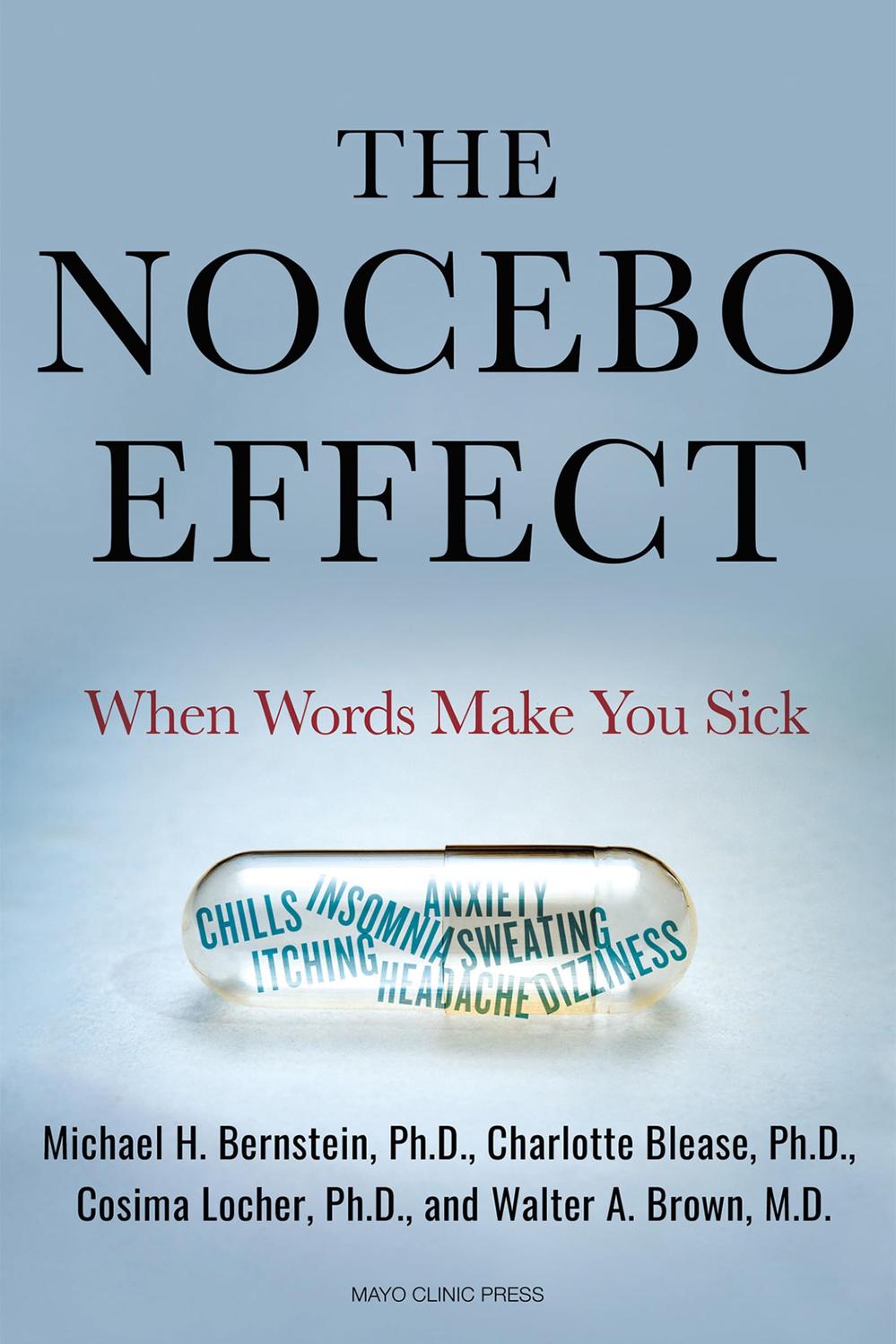The nocebo effect can be described as negative expectations that aggravate a patient’s symptoms.
“It has been called the ‘evil twin’ of the placebo effect. It is about how people’s negative expectations regarding treatment or a procedure are something of a self-fulfilling prophecy, resulting in people actually getting physically worse,” says Charlotte Blease, Associate Professor at the Department of Women’s and Children’s Health at Uppsala University, specialising in medical philosophy.
The effect seems to be particularly relevant for symptoms such as pain, nausea, side effects of treatments, as well as depression and anxiety.
“However, it will not affect the progression of your cancer or anything like that – we are talking about lower-level symptoms,” she emphasises.
An example of a potential nocebo effect is what occurred with COVID-19 vaccination during the pandemic when nobody could escape the reports of the side effect risk.
A meta-analysis, in which the researchers conducted a systematic review of a large number of studies, showed that people in the placebo group – those who received no active vaccine but only saline – reported side effects to such an extent that the researchers concluded that up to three-quarters of the reported side effects can be attributed to the nocebo effect.

“Independent studies have shown that people who expected severe side effects actually experienced greater side effects. This might be due to previous experience with vaccines and knowing that they are particularly sensitive, but it could also be due to the nocebo effect.”
So, why does the body react so strongly to negative expectations?
Research has found that certain stress hormones are linked to the nocebo effect, but more studies are needed.
Charlotte Blease believes there may be evolutionary explanations.
“It seems reasonable that it is a kind of ‘fight or flight’ response that produces a physical reaction – meaning that if we expect something scary or negative, we are equipped to deal with it. In the right context, this may have been a helpful effect, but today, it can lead to a mismatch between the causes of the reaction and its consequences in a modern medical setting.”
So, how do we use our knowledge of nocebo? Should healthcare professionals cover up information that they fear may negatively affect the patient? After all, the Hippocratic medical oath dictates that anything that might cause harm to the patient should be avoided.
“This invites a kind of ethical dilemma. Today, patients expect doctors to be completely honest with them about their treatment. They want to know if there are side effects, and medical staff are obliged to answer honestly. However, sometimes this is not good for us.”
Charlotte Blease believes that the answer is to find ways to frame information in a more positive way.
“This can be done by explaining that the treatment may be associated with a lower risk but it is up to the patient to decide. Or, instead of saying that 5% of patients experience side effects, healthcare professionals can say that 95% do not experience any side effects. It’s all true; you maintain the accuracy, but you frame the information more positively.”

Together with colleagues at Brown University in the US and the University of Zurich in Switzerland, Charlotte Blease, a native of Belfast, Northern Ireland, authored the book The Nocebo Effect: When Words Make You Sick. Described as the first book to address the phenomenon scientifically, it contains essays by experts in various fields describing the state of knowledge from their perspectives.
So, finally, we have the placebo effect on the one hand and the nocebo effect on the other. Which one is the strongest?
“That’s a good question that I refrain from answering. There is plenty of research on the placebo effect and not nearly as much on the nocebo effect. However, it is an emerging research area. We need more education and more dialogue about this effect and what we can do about it.”
Facts about placebo/nocebo
Placebo is Latin and means ‘I will please’ or ‘I will do good’. The placebo effect can be described as the positive anticipatory effects of a treatment that, in fact, has no effective ingredient.
Nocebo means ‘I will harm’ and is the opposite of a placebo. The nocebo effect means that negative expectations of a treatment or intervention create or aggravate symptoms in the patient.
